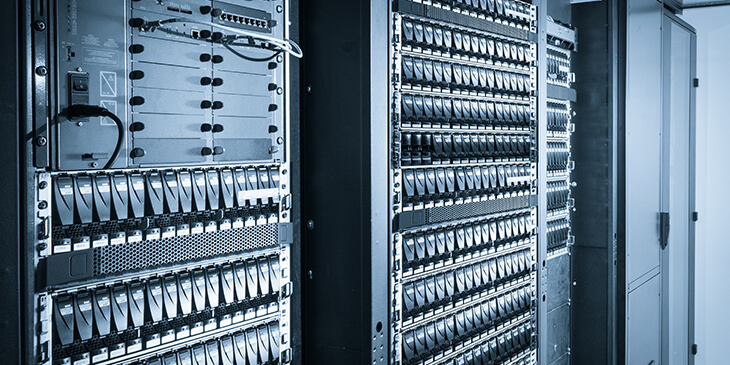Laptops are not the enemy
Laptop computers are an increasingly popular workstation choice, especially as more and more workers and employers are taking advantage of the benefits offered by allowing staff to work from home. Thus, their portability becomes a great strength – but it can also be a weakness. But are they really the best choice for your PC fleet? Let’s consider.
Laptops: cost-effective
Most laptops spend most of their time functioning as a desk-based all-in-one system, so why not just buy workstations and monitors? Simple: fleet management.
Simply put, the fewer models in your fleet, the cheaper it is to procure and maintain (just ask a transport company). Most organizations will have different PC use cases in different teams and departments, but if you can minimize the number of different models you’re providing, you can lower the training cost for IT staff and employees. And if you have team members with a legitimate need for a portable system, then it often makes good financial sense to move toward a laptop-for-all strategy, to simplify operations and gain the benefits of bulk purchasing.
Laptops: upgradeable
Laptops have a reputation for being hard to upgrade, and it’s true that some models are almost impossible to reconfigure as they use glue to hold internal components in place. But these are mostly consumer models – if you’re looking at business models, you’ll find that there are plenty of models that can be upgraded. This includes CPU, memory, video cards, storage and more. In fact, most business laptops are just as expandable as their desktop brethren.
It’s also worth considering that USB 3.0 and USB Type-C mean that there are few practical performance limitations on office systems, and they provide options for device upgrade and redeployment for devices or components that can’t be internally upgraded.
Laptops: secure
When it comes to physical security, we’ve all heard stories about laptops being left behind in planes, trains and automobiles. Then again, laptops can easily be locked away in secure office storage much more easily than desktops. If that’s not practical, there are many docking solutions that provide enhanced I/O options and the ability to physically lock a laptop computer to a desk. In either case, laptops don’t – or at least, needn’t –present an increased security risk over desktops for either physical assets or data.
Lower cost of ownership, easier maintenance, and improved functionality present a combination of benefits that should (at the very least) put laptop computers on your list of systems to consider when it’s time to refresh the fleet in your office. Your managers, and their work-from-home staff, will thank you, as will your CFO and support teams.












